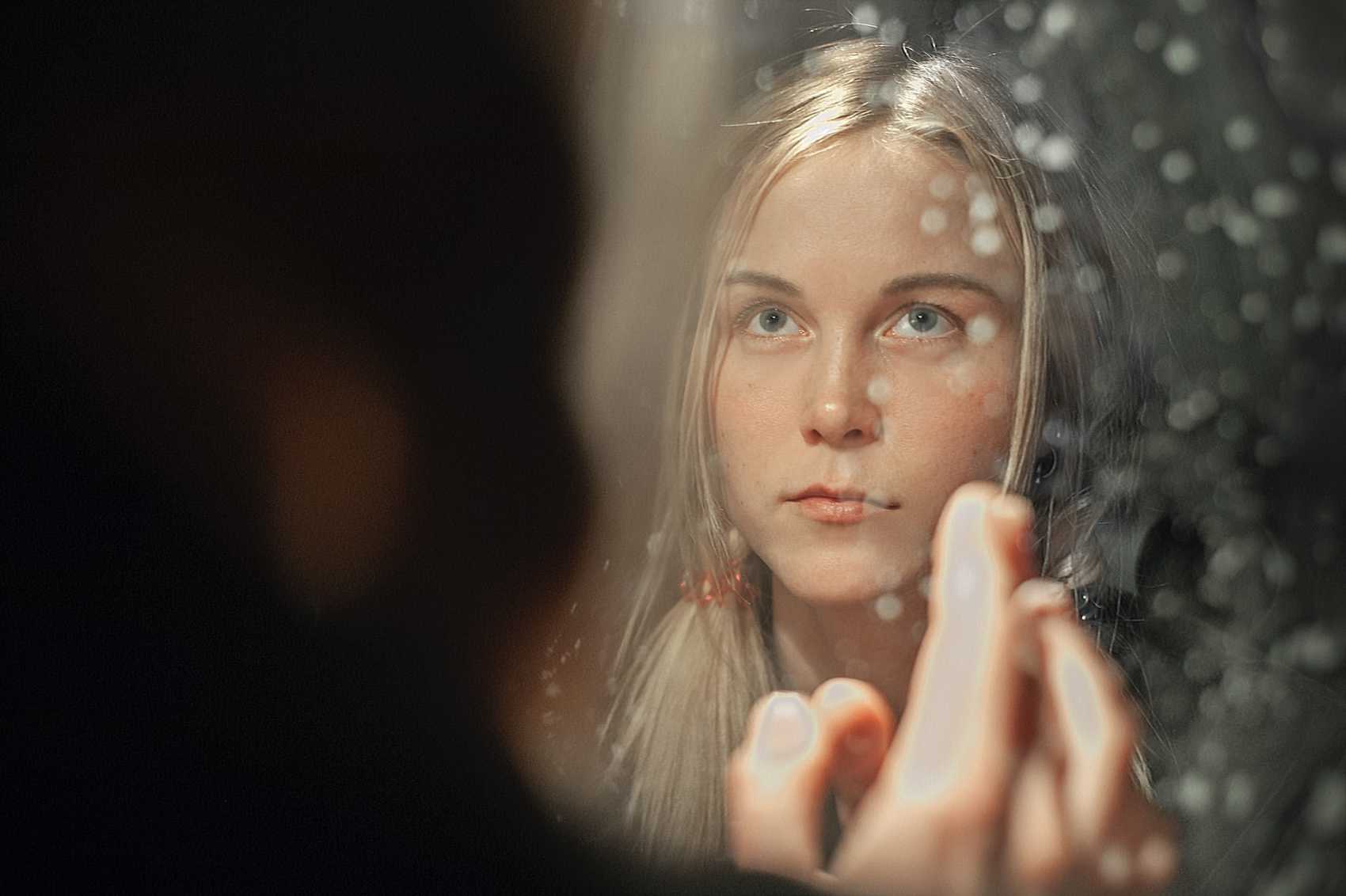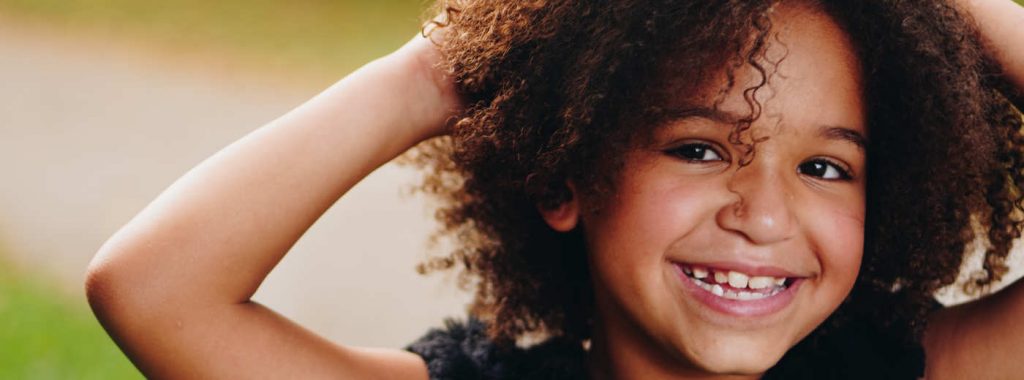How does your child feel about their body? Hopefully, their view of their body is positive, not negative. However, it’s normal for young people to struggle with body issues from an early age. Fortunately, parents can leverage child therapy to help children feel good about their bodies and how they look.
There are also other steps that parents can take to help kids feel comfortable and confident in their bodies vs. self-conscious, anxious, or ashamed of their bodies.
Table of Contents
Don’t Tease Them About Their Body or Looks
As kids grow, their bodies change. Some of these changes can be confusing or unwanted. For instance, it’s normal for teens to deal with acne as they go through puberty. They will feel conscious about this, especially if they’re bullied or shamed about their body or looks by their peers.
Teasing children about their looks will hurt them deeply, even if you meant no harm. Something as innocuous as teasing can do a lot of damage to your child’s body image and self-esteem. Remember, your child values your opinion, and they might think you’re laughing at the way they look.
So, it’s important to observe your child’s sensitivities and concerns about their body. Usually, your child may say something negative about their body in passing, and chances are this is something they obsess over. If your child has been hurt by bullying or teasing, you need to take steps to remedy this.
Parents should also take the time to talk and listen to their children. In addition, where necessary, child therapy can help restore a positive body image by repairing the hurt feelings and dissolving negative body issues.
Avoid Projecting Your Own Body Image Issues
It’s not only children who can have a negative body image. This issue affects adults as well, and if parents have body issues, they may unintentionally project their own body issues on kids. A mom who’s always complaining about how horrible her thighs look might trigger her daughter to start viewing her own thighs in a negative light.
Similarly, a parent who’s always going on one diet after the other might cause their kids to worry about whether they should also be dieting to achieve the perfect body. If your body issues have rubbed off on your child, your child likely has a distorted view of their body. For instance, if they have seen you obsess about your weight, they’ll start to think they’re fat, even if what they think doesn’t align with reality.
So, if you want to help your child build a positive body image, start by checking to see that your child is not mirroring your own body issues. Try not to express negative thoughts about your body.
The next step is to lead by example. Show your child what it’s like to be comfortable in one’s body and appreciate one’s looks. For instance, when a person accepts their body, they don’t make negative comments about their bodies in any way, shape, or form. Neither do they obsess about their looks or engage in extreme dieting and intense exercise.
Let Them Know You Understand
A negative body image can be difficult to overcome, and if your child is dealing with this issue, they need all the support they can get. Too often, kids will attempt to hide their problems from adults if they feel they’re not understood. That’s why it’s important to sympathize with your child and let them know you understand what they’re going through.
Sit down with your child and listen to their concerns. Find out what bothers them and how they feel about different aspects of their body. Then acknowledge that their feelings are valid and normal. We all have struggled to accept one or more parts of our bodies at one time or another, whether it’s the nose, thighs, or love handles.
Your child will feel relief knowing you understand the issue and can see things from their perspective. However, don’t let it turn into a pity party, where you both focus on the things you don’t love about your bodies and the negative feelings this generates.
Instead, you should end things positively by saying something like, “You know I used to worry about my nose a lot, but one day I realized my fears were unfounded and that I was beautiful just the way I was.” This sends the message that even though you once dealt with a negative body image, you found a way to overcome it, and your child can too.
Avoid Sexualizing Children
Social media and pop culture can harm your child’s body image by pushing the narrative that all girls should look like Kim Kardashian or other celebrities while boys should look tall and manly. Everywhere you look, children are being bombarded with images of photoshopped bodies. They’re told this is how perfect, sexy bodies look and that it’s what they should aim for if they want to be popular and desirable.
While you may not be able to control your child’s exposure to this kind of narrative, you can help them see how sad and shallow it sounds. Let them know that there’s more to a person than being sexy and that society’s version of sexy is heavily skewed because there’s a lot of fakeness going on.
Teach your son or daughter that they should never focus on being valued for how their bodies look only. This is a great burden on young people who should focus on their books and extracurricular activities instead of worrying about how they can be sexy.
So part of building a healthy body image means helping your child become a well-rounded individual who’s confident about their inner and outer beauty without conforming to the sexualism prevalent in today’s society.
 Help Them Build A Positive and Strong Mindset
Help Them Build A Positive and Strong Mindset
The truth is you can’t always shield your child from outside forces that can damage their body image. For instance, while they’re at school, a bully might laugh at their appearance, or they may be cyberbullied by a person who’s looking for clout. Another truth is that nobody is 100% happy about how their bodies look.
Sometimes your child will have to put a positive spin on the things they may not love about themselves, especially if it’s something that can’t be changed easily, like the shape of your nose. You want your child to think along the lines of, “I don’t like dealing with this, but, oh well, I won’t let it get me down.
I will try to overcome it so I can be happy with myself.” This mindset will teach children to be resilient when dealing with a negative body image.
Teach Them Healthy Habits
Children who are overweight are at risk of developing a negative body image. One of the best ways to help your child develop a healthy body image is by teaching them that their body is a temple and should be treated accordingly. That means watching what you put into your body, eating healthy foods, and staying fit.
When your child adopts a healthier lifestyle, this will make their body feel a lot better. Unhealthy eating habits and lack of exercise can cause a person to feel sluggish and tired, making the body less enjoyable. On the other hand, exercise generates those feel-good hormones and keeps the body in shape.
So teaching your child the importance of a healthy diet and exercise will go a long way toward developing the kind of body they feel confident in. However, always remember to focus on nutrition instead of obsessing about diets. Similarly, teach your children to move their bodies more instead of pushing them to work out.
Get Help From a Mental Health Professional
Developing a positive body image in your child can be difficult if you’re not addressing the root issue. In turn, it’s difficult identifying the root issue if your child is not opening up to you. Even if you have made progress, you may still feel there’s more you need to do so your child can learn to love their body.
In that case, consider child therapy, which works by giving your child a safe environment for self-expression. Child therapists use cognitive behavioral therapy to help with distorted thinking, self-esteem issues and to help children develop better coping skills.
The additional support will enable your child to effectively begin their journey towards body acceptance, good self-esteem, and self-love.
Get in Touch With A Child Therapist Today
At Courageous Kids Counseling, New City NY, we support your child and help them build a positive image that sets them up for success later in life. If you feel that your child can benefit from child therapy, book your online appointment with Courageous Kids Counseling to get started.
Additional Reading
Do You Believe Your Child Has Anxiety?
Is Your In-Network Provider Not Getting the Results Your Child Needs?
How Do You Know If Your Child Needs Therapy?



 Help Them Build A Positive and Strong Mindset
Help Them Build A Positive and Strong Mindset